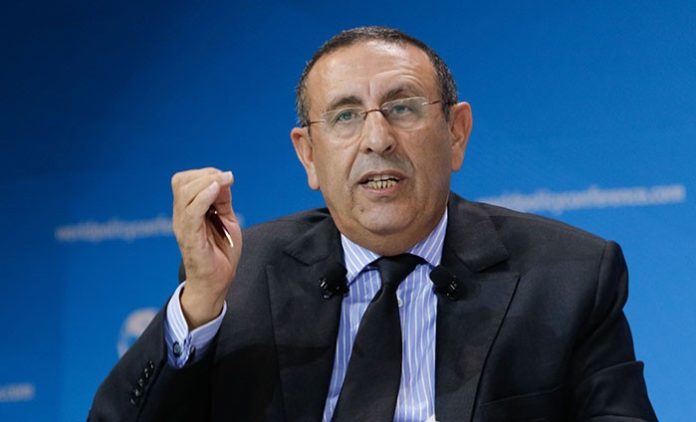On Monday in Washington, the Moroccan Embassy in the United States, in collaboration with the renowned American think tank “The Atlantic Council,” convened a meeting with the African diplomatic corps accredited in the US capital and several experts to discuss “Investment Challenges in Critical Minerals in Africa.”
This topic is highly strategic for Africa and its international partners, according to Aubrey Hruby, a senior researcher at the Atlantic Council and founder of Tofino Capital.
Presenting her findings at the event, Hruby outlined the complex state of African investments in this sector, emphasizing the need to “revisit strategies, think outside the box, and develop a truly advanced cooperation model” to capitalize on existing opportunities.
Hruby noted the growing and sustained interest in Africa, driven significantly by critical minerals, which serve as a catalyst for this international focus. She highlighted that the United States is among the nations eager to build structured, win-win partnerships with Africa. However, she lamented that existing opportunities have not been fully exploited, as evidenced by investments that still fall short of the continent’s potential.
To overcome this shortfall, Hruby suggested more robust private sector engagement and better communication about the genuine economic opportunities available in the African market. She advocated for a more structured dialogue among sector operators and involving all stakeholders to jointly identify high-value projects.
Such initiatives could generate interest from funders and foster prosperity and development in target countries, Hruby argued. She cited Morocco and Indonesia as exemplary countries in developing integrated supply chains, particularly in phosphate for Morocco and nickel for Indonesia.
Echoing this analysis, Morocco’s Ambassador to the United States, Youssef Amrani, acknowledged the priority of critical minerals for the Kingdom’s industrial growth. He noted Morocco’s emerging role as a key player in the production of batteries for electric vehicles.
Ambassador Amrani highlighted the increasing strategic and geopolitical importance of this industry for African countries with significant critical mineral reserves but lacking the necessary ecosystem to process and refine these minerals.
“The creation of such industries will generate jobs, ensure economic prosperity and sustainable development, transform Africa from a continent that merely supplies raw materials to one fully integrated into global value chains, and secure more resilient and safer supply chains,” he stated.
This objective aligns with the royal vision, he added, which positions Africa as a priority. It envisions a sovereign and determined future for the continent, reflecting the ambitions of its citizens and the continental strategies set by Africa and for Africa.





